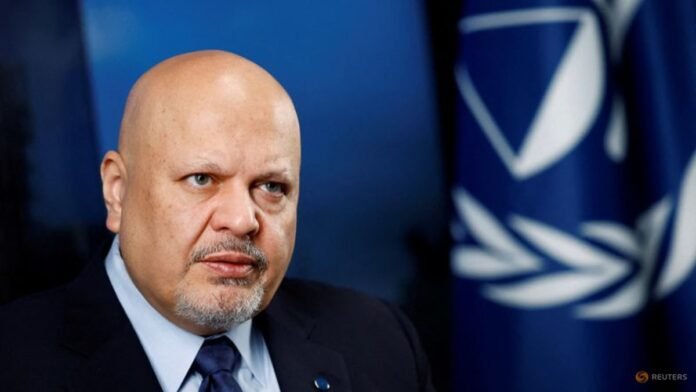International Criminal Court judges have decided that the chief prosecutor, Fatou Bensouda, must step aside from the case against Philippine President Rodrigo Duterte. The ruling follows a complaint that Bensouda had shown an “appearance of bias” because of her previous statements linking the drug war to wider regional security concerns.
The decision came after the ICC’s Disciplinary Panel found that Bensouda’s remarks during a 2022 hearing infringed the court’s rules on impartiality. The panel said her comments could undermine public confidence in the court’s fairness. While Bensouda has denied any intentional bias, the panel concluded that a lack of confidence could harm the integrity of the proceedings.
The Duterte case, formally known as “International Criminal Court v. Rodrigo Duterte,” centers on the conduct of the Philippine government’s drug‑era crackdown. Thousands of people died in police raids and other operations that critics say violated human rights and international law. Many activists, lawyers, and observers view the ICC case as a key test of accountability for the alleged war‑on‑drugs violence.
In the decision, the panel urged that the chief prosecutor step aside while the case was reviewed by a panel of three judges from the ICC’s Appeals Chamber. The new panel will decide whether the trial can proceed under a different prosecutor or if the case should be dismissed on grounds of bias.
The Philippine government welcomed the ruling but also warned that wider criminal justice issues would still be at stake. “The protection of human rights is central to this investigation, but the ICC must remain a fair, independent institution,” the official spokesperson said.
International human‑rights groups applauded the ruling as a move to reinforce the ICC’s credibility. “Impartiality is essential. This decision sends a strong message that the ICC will maintain its reputation for fairness,” said a spokesperson for Amnesty International in a statement to reporters.
The ICC’s decision will now rest in the hands of the Appeals Chamber, which must decide the next steps in a timeline that is still uncertain. If the case moves forward with a new prosecutor, it could set a landmark precedent for international accountability and the role of the ICC in investigating alleged war crimes.
For the accused, the outcome could have far‑reaching political implications. A trial in The Hague could damage Duterte’s legacy in the Philippines and perhaps open the door for a formal international prosecution of other leaders implicated in mass violence. Meanwhile, critics say the decision also reflects the broader struggle over how international courts manage cases involving senior political figures.
Stay informed on all the latest news, real-time breaking news updates, and follow all the important headlines in world News on Latest NewsX. Follow us on social media Facebook, Twitter(X), Gettr and subscribe our Youtube Channel.



